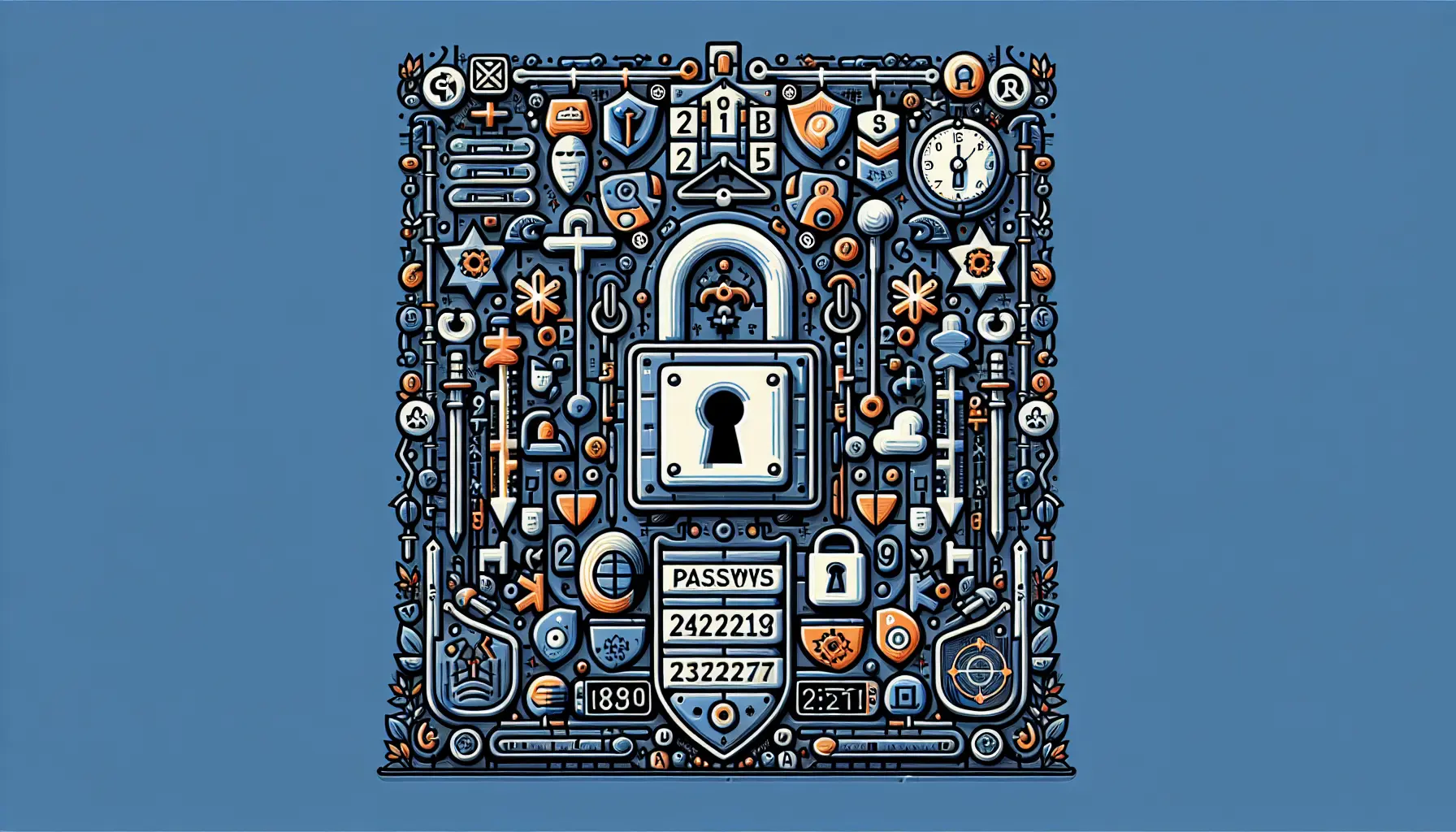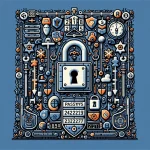
Estimated reading time: 8 minutes
Key Takeaways
- Importance of Strong Passwords: Strong passwords are essential for protecting your personal information from cyber threats.
- Characteristics of Strong Passwords: A strong password should be long, complex, and unique.
- Password Management: Using a password manager can simplify the process of creating and storing strong passwords.
- Additional Security Measures: Implementing two-factor authentication adds an extra layer of security.
- Regular Updates: Regularly updating your passwords is crucial for maintaining security.
Table of Contents
Why Password Security Matters
Every day, cybercriminals attempt to crack weak passwords through automated attacks. A strong password can mean the difference between keeping your private information safe and becoming another data breach statistic. Recent studies show that 81% of data breaches occur due to weak or stolen passwords. For more insights on current cyber threats, check out Cybersecurity Threats 2025: Emerging Risks, Trends, and Prevention Strategies.
What Makes a Password Strong?
A strong password contains specific elements that make it difficult for attackers to guess or crack through automated tools. Here are the essential characteristics:
- Minimum length of 12-16 characters
- Mix of uppercase and lowercase letters
- Numbers and special characters
- No personal information or common words
Strong Password Examples:
- HorsePurpleHatRunBay (Random word combination)
- L4ur4L1k3sYuckyBurger5 (Letter/number substitutions)
- cXmnZK65rf*&DaaD (Random character string)
Creating Strong Passwords That You Can Remember
The trick to creating memorable yet secure passwords lies in using clever techniques rather than obvious substitutions. Here's a practical approach:
- Start with a phrase you'll remember
- Add unexpected elements
- Mix in numbers and symbols naturally
For example: “I love chocolate chip cookies” becomes “iL0v3Ch0c0Ch1pC00k!3s”.
Password Management Strategies That Work
Having strong passwords is only half the battle. You need a system to manage them effectively:
- Never reuse passwords across accounts
- Update passwords regularly (at least every 3-6 months)
- Store passwords securely (not on sticky notes or plain text files)
- Consider using a password manager here
Password Managers: Your Digital Vault
Password managers solve the challenge of remembering multiple complex passwords. They:
- Generate random, strong passwords automatically
- Store all your passwords in an encrypted format
- Auto-fill login forms securely
- Sync across all your devices
Popular options include 1Password, LastPass, and Bitwarden. Each offers unique features, but all provide essential password security.
Beyond Passwords: Additional Security Measures
While strong passwords are crucial, implementing additional security layers provides even better protection:
- Enable two-factor authentication (2FA) whenever possible here
- Monitor your accounts for suspicious activity
- Use different email addresses for critical accounts
- Keep your devices and software updated here
Common Password Mistakes to Avoid
Don't fall into these common traps:
- Using personal information (birthdays, pet names)
- Replacing letters with obvious numbers (a=4, e=3)
- Using the same password with slight variations
- Sharing passwords with others
Long-term Password Security Strategy
Maintaining password security is an ongoing process. Here's your action plan:
- Audit your existing passwords
- Replace weak passwords with strong ones
- Set up a password manager here
- Enable 2FA on all important accounts
- Create a schedule for regular password updates
Remember: Your password security is only as strong as your weakest password. Take time to implement these strategies across all your accounts.
This comprehensive approach to password security will help protect your digital life from increasingly sophisticated cyber threats. Start implementing these practices today to build a stronger defense against unauthorized access.
Frequently Asked Questions
What is a strong password?
A strong password is one that is long, complex, and unique, making it difficult for attackers to guess or crack.
How often should I change my passwords?
It is recommended to change your passwords every 3-6 months to maintain security.
What is a password manager?
A password manager is a tool that helps you create, store, and manage your passwords securely.
Is two-factor authentication necessary?
Yes, two-factor authentication adds an extra layer of security and is highly recommended for protecting your accounts.
What should I do if I forget my password?
If you forget your password, use the password recovery options provided by the service to reset it securely.









